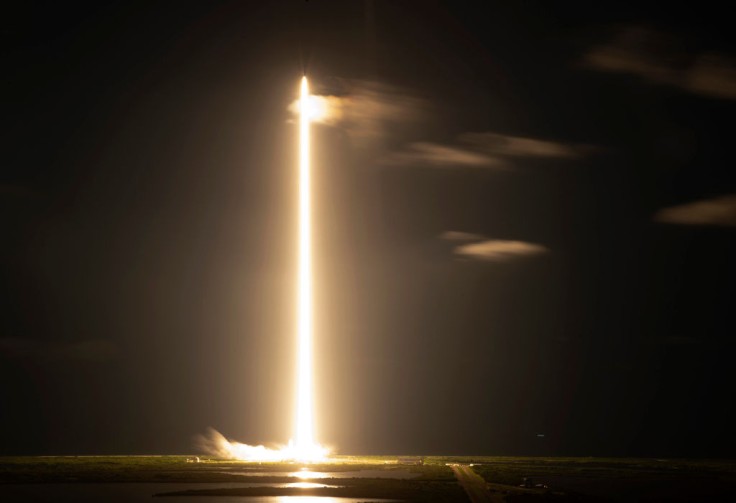
After a secondary-share sale last week, Elon Musk's company SpaceX valuation reached $100 billion.
The new $100 billion SpaceX valuation was caused by the company's investors, who agreed to sell up to $755 million in privately-held stock at $560 a share of SpaceX stocks.
This means that the SpaceX valuation was not because of selling more sales to the public, but rather, through selling only existing shares internally.
SpaceX Value Increase
In February, SpaceX stocks were sold at $410.99 per share, which led to the $74 billion valuation of theprivate space company during the first quarter of the year. With that being said, this means that the current market price at $560 a share marks a 33% increase from the previous fundraising, as reported in Bloomberg.
The secondary sale comes ahead of the company's third rotation of astronauts for NASA on Oct. 30 in Hawthorne, California.
It gives SpaceX valuation a bigger market value than Lockheed Martin Corp., the world's largest pure-play defense contractor, which is valued at over $97 billion.
SpaceX is already one of the world's most valuable private companies, alongside ByteDance and Stripe from China. Stripe was valued at $152 billion in a secondary sale in June.
Elon Musk's SpaceX valuation was made possible by some of its investors, namely Sequoia Capital, T. Rowe Price Group Inc., Ontario Teachers' Pension Plan, Alphabet Inc., and Baillie Gifford.
The increase in SpaceX's value is yet another win for Musk, whose electric vehicle firm, Tesla, has seen its stock price surge in the last year. Both companies, along with others he own, have made the outspoken entrepreneur one of the world's wealthiest individuals.
SpaceX Future Ventures
The California-based company SpaceX plans to launch its satellites into orbit for its Starlink internet constellation, and transport astronauts to and from the International Space Station (ISS), among other projects with the National Aeronautics and Space Administration (NASA).
However, the said exploration requires extensive fundraising efforts, nonetheless, the company was able to generate a whopping $1.2 billion for the company's two objectives.
As reported in CNBC, the first will be its Starlink satellites.
The company's ambition for Starlink is to create an interconnected internet network using thousands of satellites, referred to as a constellation in the space sector, that will supply high-speed internet to users anywhere else on the earth.
To this date, the space company has deployed 1,740 Starlink satellites floating around the orbit with the first batch that was launched in 2019. The program now has over 100,000 customers in 14 countries participating in a public beta for $99 per month with over 175 Mbps.
The second objective of the Elon Musk-led company is its Starship rocket.
SpaceX is working on a gigantic next-generation rocket called Starship that will be used to launch freight and people on missions to the moon and Mars. The business is putting prototypes through its paces at a facility in southern Texas, and has already completed several short test flights.
Musk and his company is awaiting regulatory approval for its next launch, so reaching orbit is the next phase in the rocket's testing. The founder and CEO described this as his "dream come true. "
Related Article: SpaceX Starlink Satellites Location Tracker: Where and When to Find Its Train of Lights in the Sky









